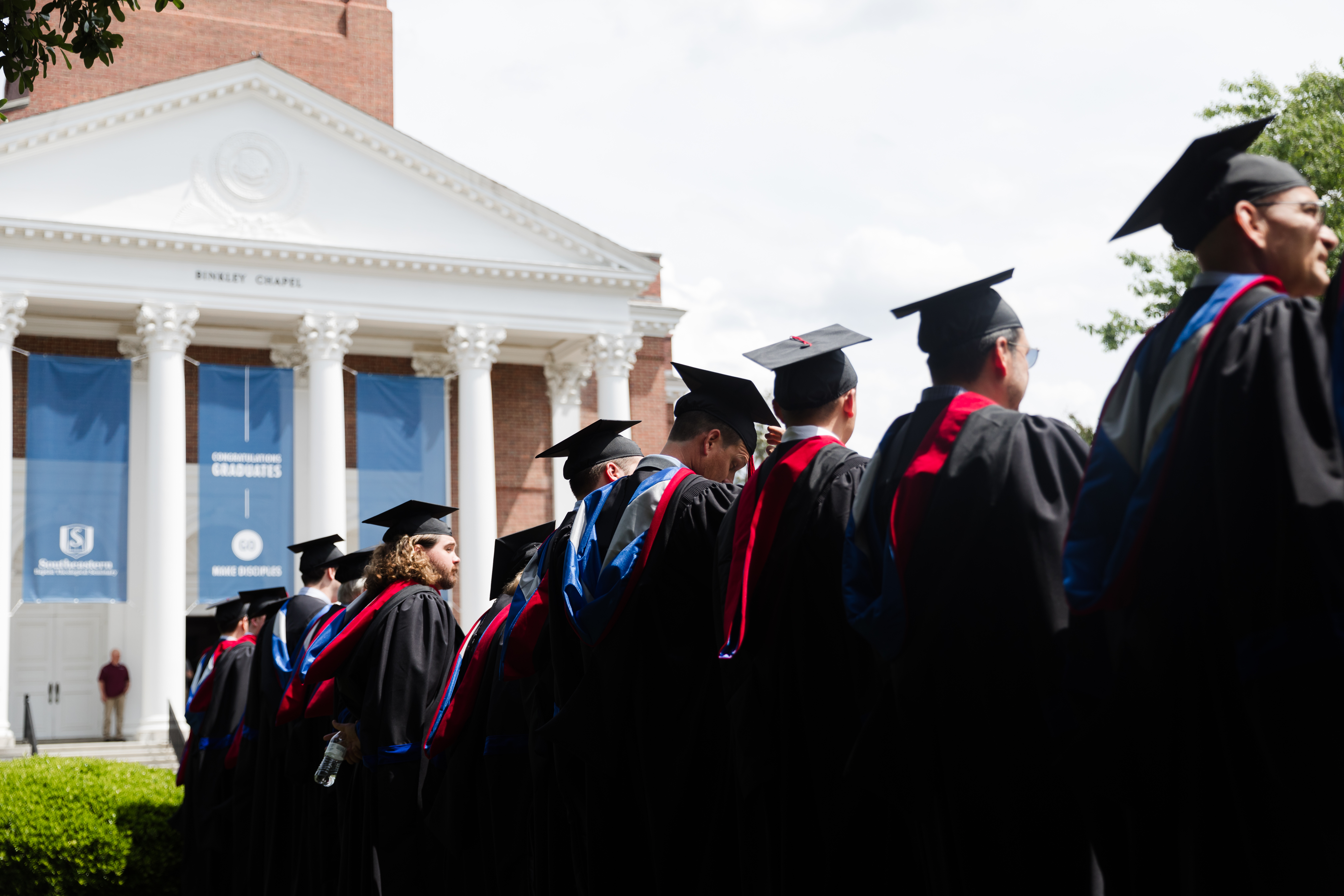Each generation faces its own unique questions and challenges from the culture. It seems that our generation is faced with challenge of anthropology. From gay rights activists to the transgender movement, historic Christian understandings of sex, gender, and identity have come under fire in an increasingly rapid and vehement pace. But how in the world did it come to this?
One of the best resources on understanding this rapid development is Carl Trueman’s book Strange New World (the shortened version of his The Rise and Triumph of the Modern Self) where he documents how changing ideological and technological trends have tilled the ground for the current controversy to foment. In my own life, I have felt the tug of these recent changes. With Trueman as a guide, I want to show how pervasive the nature of these challenges can be.
The Ideological Challenge
Trueman’s main burden is to trace the rise of expressive individualism which is the belief that “each person has a unique core of feeling and intuition that should unfold or be expressed if individuality is to be realized.”[1] In other words, people must be authentic. They must be “true to themselves.” Trueman contends that this expressive individualism has given rise to the sexual revolution as this belief coheres well with “the priority that the LGBTQ+ movement places on sexual desire and inner feelings relative to personal identity.”[2]
Perhaps the most noteworthy place this belief has permeated America is the worship service. As I began evaluating my tradition growing up, I encountered a recurring thought: “My worship was fine because it was an authentic expression of my inward feelings towards God.” Now, certainly I wouldn’t want my worship to be contrived. But the fact that my first thought was whether I was being authentic rather than whether God was pleased by my actions really shows how deeply expressive individualism had formed my (and my church’s) worship service. And I know I am not the only one who views the time of singing this way. Talk to any member in your congregation, and you will soon find how pervasive expressive individualism is. And if you can find this in the church, then I wonder how much more of a hold Expressive Individualism has on the culture at large?
The Technological Challenge
After a journey through Rousseau, Nietzsche, Freud, and Marx to sketch an intellectual history, Trueman turns to investigate the technological and structural changes that have allowed expressive individualism to flourish.
Trueman argues that one reason why we view the human as so moldable is because this fits with a “correlative understanding of the world [as]…something plastic that we believe we can shape in any way we wish.”[3] In other words, Trueman asks, “If we can shape our world, then why can we not shape our very identity?” This sort of “plastic” identity forms the necessary backdrop for the LGBT+ ideology to flourish.





No comments have been added.